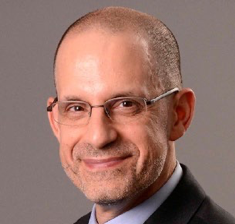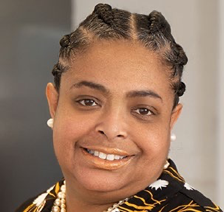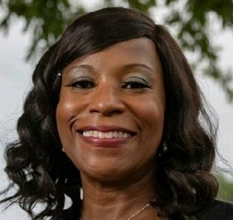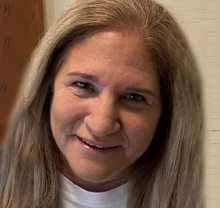
- This event has passed.
First 10 School-Community Partnerships in Action
“Innovative communities across the country are creating a First 10 roadmap that addresses teaching and learning, partnerships with families and comprehensive services, and First 10 provides a framework, a guided planning process and a set of effective collaborative strategies.”
– David Jacobson, Education Development Center.
Thank you for registering for last week’s Peer Exchange Learning Conversation, First 10 School-Community Partnerships in Action. If you were unable to join us or would like to share what you learned with others, links to materials can be accessed here, with links to specific resources listed below.
This session featured state and community leaders who are implementing the First 10 model. Jacobson started the conversation by explaining why and how he developed the First 10 approach and where the model is being implemented. Barbara Cooper, Ph.D., Secretary at the Alabama Department of Early Childhood Education, talked about the importance of cross-agency collaboration at both the state and local levels, the Transition to Kindergarten Toolkit Alabama is rolling out statewide and why their CGLR communities are well-positioned to use the toolkit and the First 10 approach. Andrea Berry, Ed.D., Superintendent of the School District of the City of York, Pennsylvania, discussed why she prioritizes collaborating with early childhood partners and how they are working together to implement school-connected play and learn groups, lead a parenting campaign focused on The Basics and support three community schools. Karen Rebello, the Prekindergarten Principal at East Providence Public Schools, Rhode Island, and Alyssa Gleason, the Director at East Providence Health Equity Zone, East Bay Community Action Program, Rhode Island, talked about how they partner together as well as with the city and other organizations and addressed the importance of family navigators to the work they are doing. The conversation concluded with each presenter discussing emerging lessons learned from their communities.
Panel






